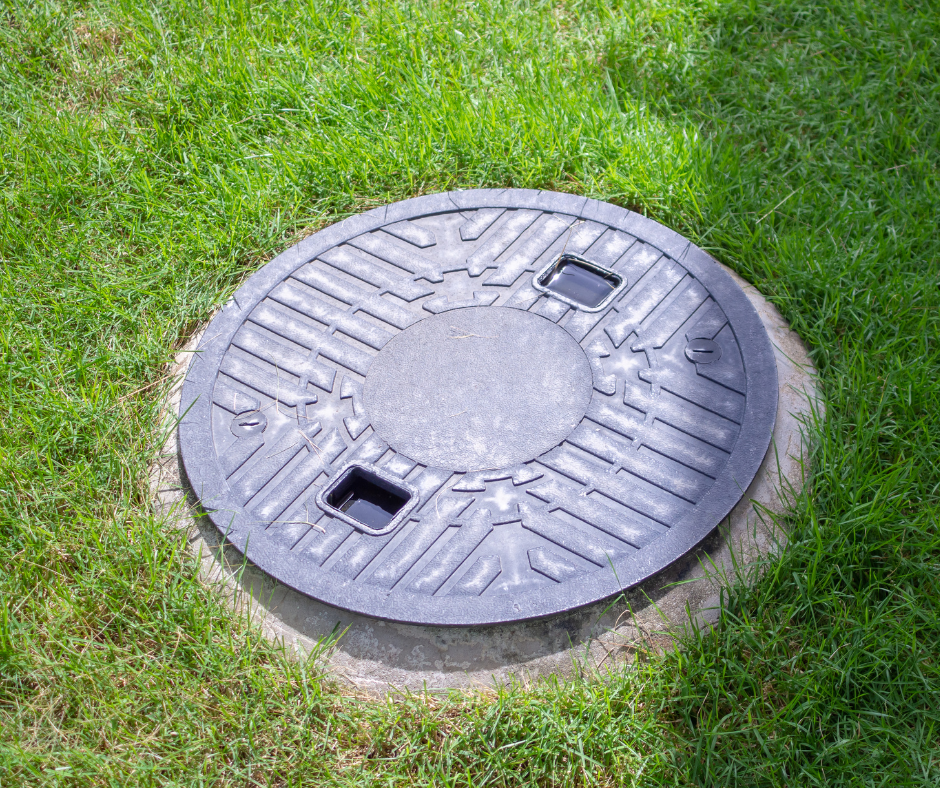The Purpose of Septic Tank
Septic tanks play an important role in handling household sewage and wastewater management. While many people might need to think more about what happens after they flush, understanding the purpose of septic tanks sheds light on their importance in maintaining a clean and healthy environment.
The Basics of Septic Tanks:
A septic tank is a critical component of a septic system, a decentralized wastewater treatment system commonly used in rural and suburban areas. The primary purpose of a septic tank is to treat and dispose of household wastewater on-site. Unlike centralized sewage systems that transport sewage to treatment plants, septic systems operate locally on the property.

How Septic Tanks Work:
- Collection of Wastewater: The process begins when wastewater from toilets, sinks, showers, and other household sources flows into the septic tank through underground pipes.
- Separation of Solids and Liquids: Inside the septic tank, the wastewater undergoes a natural separation process. Heavier solids, known as sludge, sink to the bottom, while lighter materials form a scum layer at the top. The liquid effluent remains in the middle.
- Biological Treatment: The septic tank provides an environment where anaerobic bacteria break down the organic matter in the sludge and scum layers. This natural treatment helps convert solids into liquids and gases.
- Effluent Disposal: The treated liquid effluent exits the septic tank and enters the drain or leach fields, where the soil further treats it. This final stage allows for the safe disposal of the treated wastewater into the ground.

Significance of Septic Tanks:
- Environmental Protection: Septic tanks contribute to environmental conservation by treating wastewater on-site and preventing surface and groundwater contamination.
- Cost-Effective Solution: In areas where connecting to a centralized sewage system is not feasible, septic tanks offer a cost-effective and practical alternative for wastewater management.
- Independence from Public Utilities: Homeowners with septic tanks enjoy the freedom of managing their wastewater without relying on public utilities. This autonomy can be precious in rural settings.
- Maintenance and Longevity: Properly maintained septic tanks can have a long lifespan. Regular inspections and pumping of the tank ensure its efficient operation over the years.
Conclusion:
Septic tanks are vital in managing household wastewater, offering a decentralized and effective solution for areas where centralized sewage systems are impractical. Understanding the purpose and functioning of septic tanks empowers homeowners to make informed decisions about their wastewater management, contributing to a cleaner and healthier environment.
